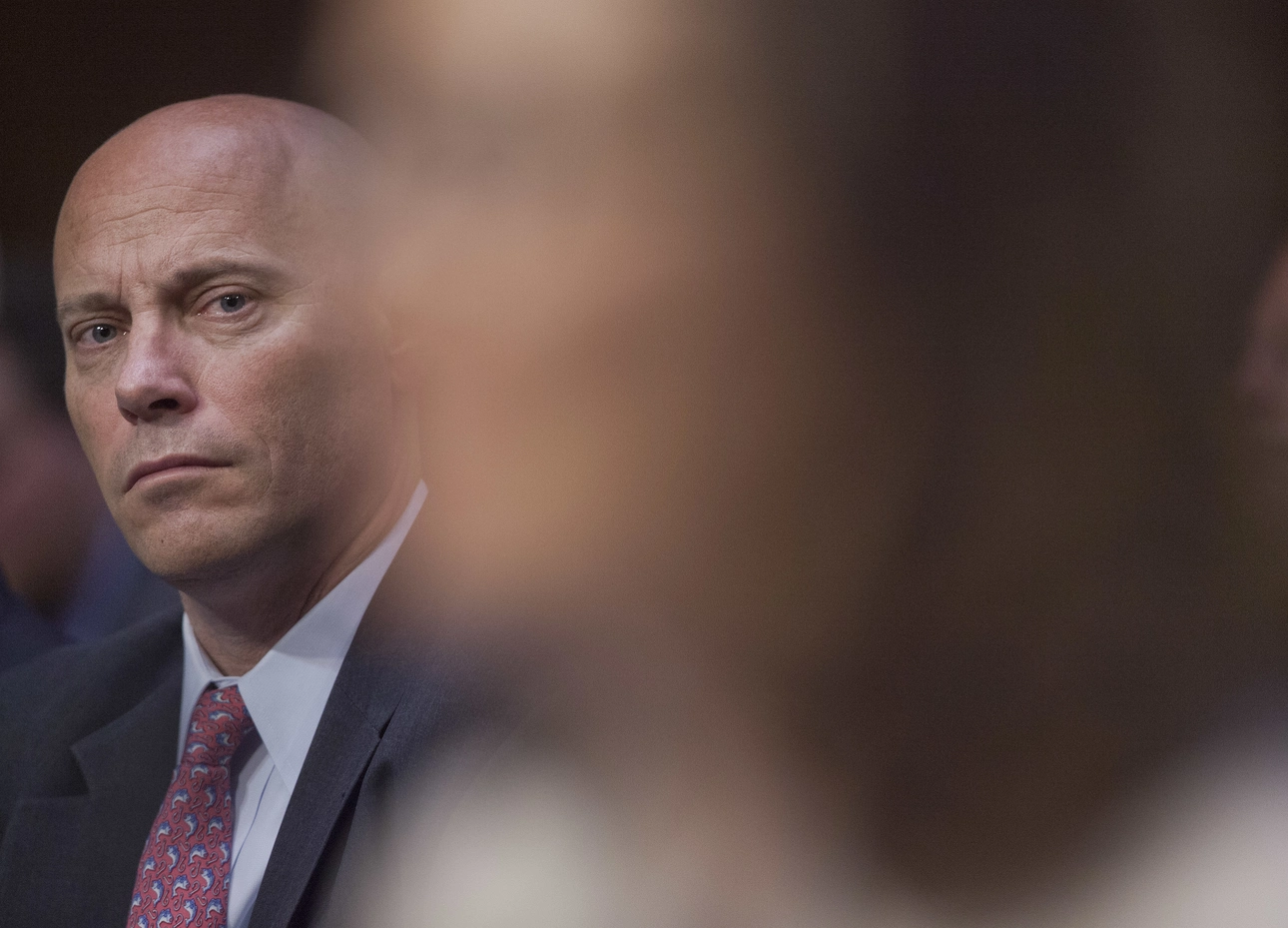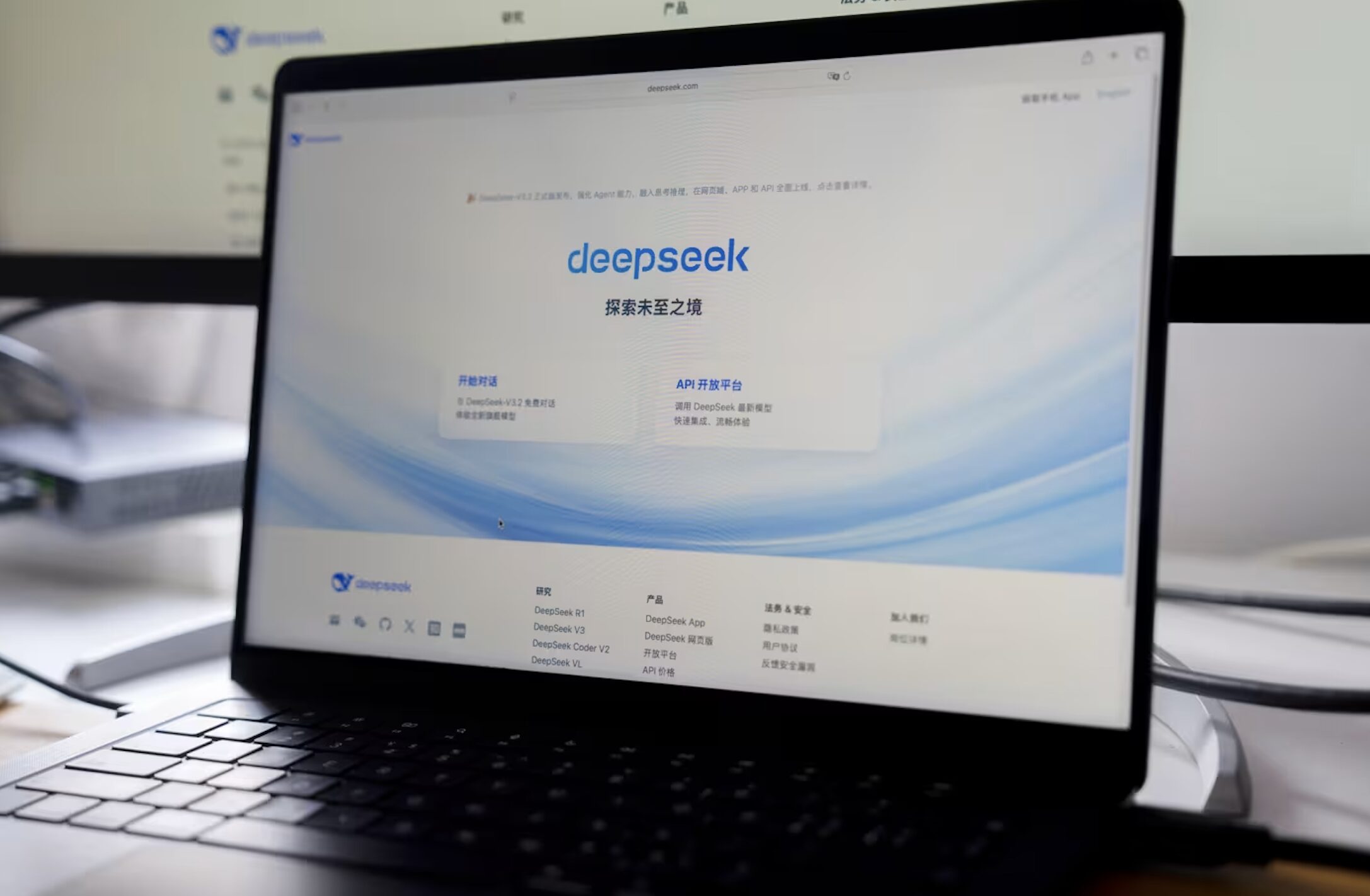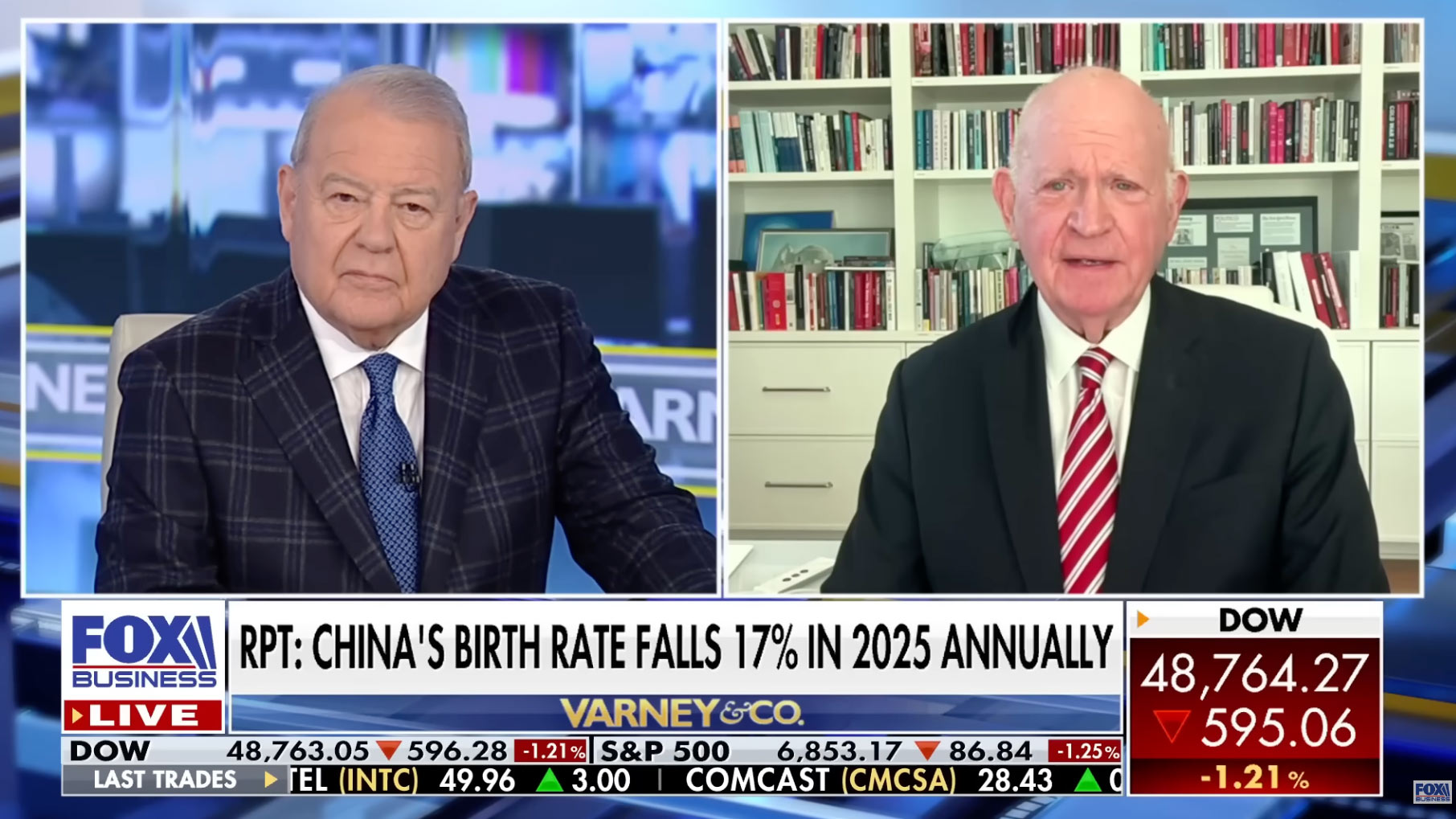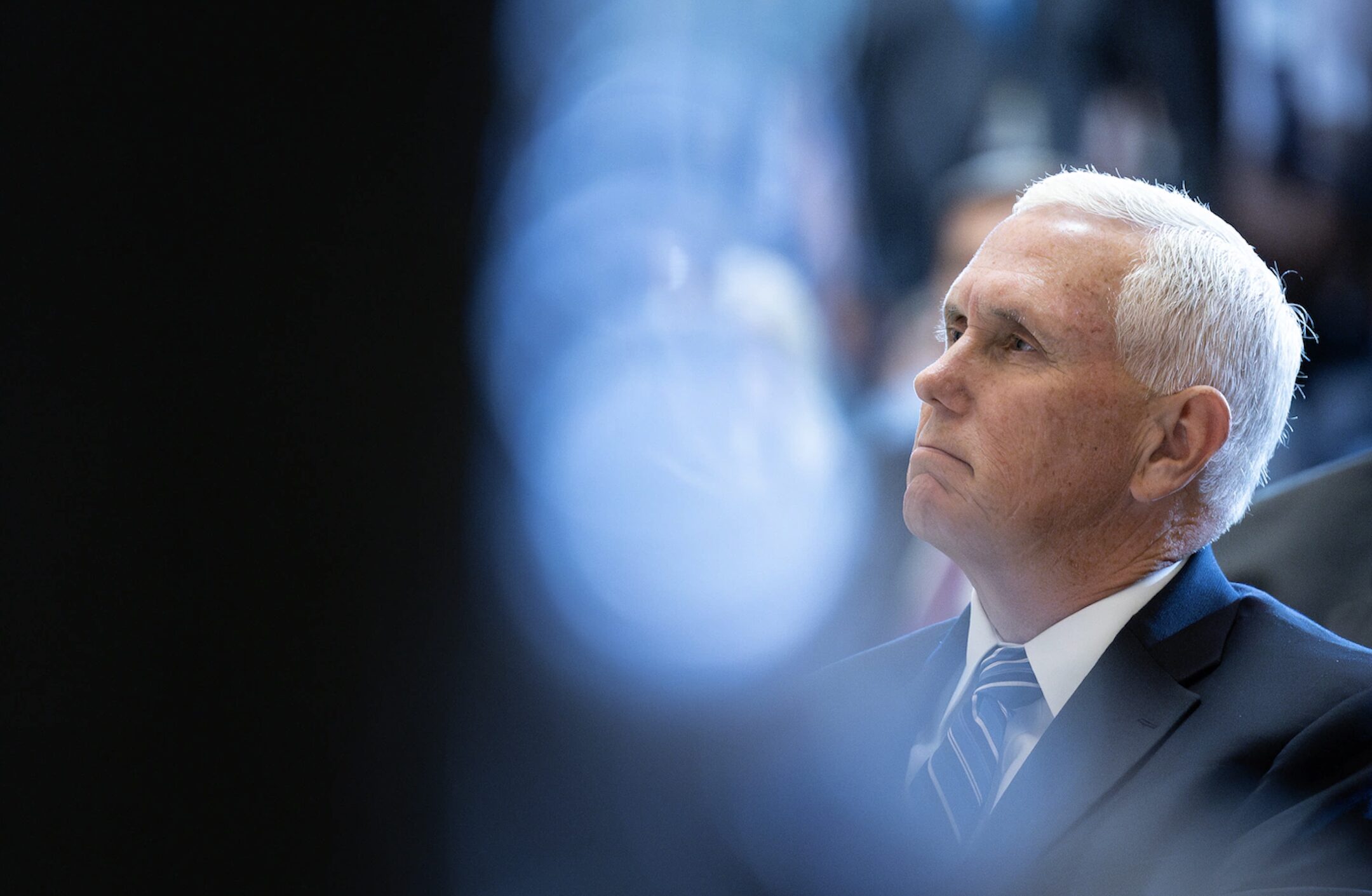Short and Koetzle said their campaign is similar to an effort that backed the creation of the revised United States-Mexico-Canada trade agreement during former President Donald Trump’s administration. As a 501(c)(4), they said, it is not overtly partisan.
Yet some of the lawmakers the group intends to target with its messaging carry clear 2024 implications: Among them are Democratic Rep. Elissa Slotkin of Michigan, a candidate to replace retiring Democratic Sen. Debbie Stabenow ; and Sens. Jon Tester (D-Mont.), Jacky Rosen (D-Nev.) and Kyrsten Sinema , the Arizona independent who caucuses with Democrats, all of whom are up for reelection next year.
“It is hopefully applying the right pressure that makes sure they vote the right ways that accomplish permitting reform — but if they don’t, then there’s also a cost to them with their voters,” Short said. “That’s not necessarily electing a Republican, but it is acknowledging that there is a cost for them, particularly because they’re in a swing district.”
Other lawmakers on the effort’s shortlist include Democrats whose districts Trump won in 2020: Reps. Mary Peltola of Alaska, Jared Golden of Maine and Marcy Kaptur of Ohio.
Lawmakers in other tight districts are part of the group’s plan, too, such as Democratic Reps. Chris Pappas of New Hampshire, Frank Mrvan of Indiana, Greg Landsman of Ohio, Gabe Vasquez of New Mexico and Sharice Davids of Kansas.
Swing states pivotal to the 2024 presidential contest such as Nevada, Arizona, Colorado and Pennsylvania will attract much of the campaign’s attention. The initial list of targets includes Reps. Greg Stanton (D-Ariz.), Brian Fitzpatrick (R-Pa.), Susan Wild (D-Pa.), Dina Titus (D-Nev.), Steven Horsford (D-Nev.) and Susie Lee (D-Nev.), as well as Sens. Mark Kelly (D-Ariz.), Michael Bennet (D-Colo.), John Hickenlooper (D-Colo.) and Catherine Cortez Masto (D-Nev.).
The small number of Republicans on the list includes Sens. Todd Young of Indiana and Kevin Cramer of North Dakota, along with Reps. Marc Molinaro and Andrew Garbarino of New York, Tom Kean of New Jersey and Don Bacon of Nebraska.
Lawmakers of both parties have acknowledged it takes too long to build major infrastructure and energy projects.
Some Democrats worry that these delays risk squandering $550 billion in new spending that Congress provided in the bipartisan infrastructure law and the $369 billion in clean energy and manufacturing incentives from the Democrat-passed Inflation Reduction Act, H.R. 5376 (117).







